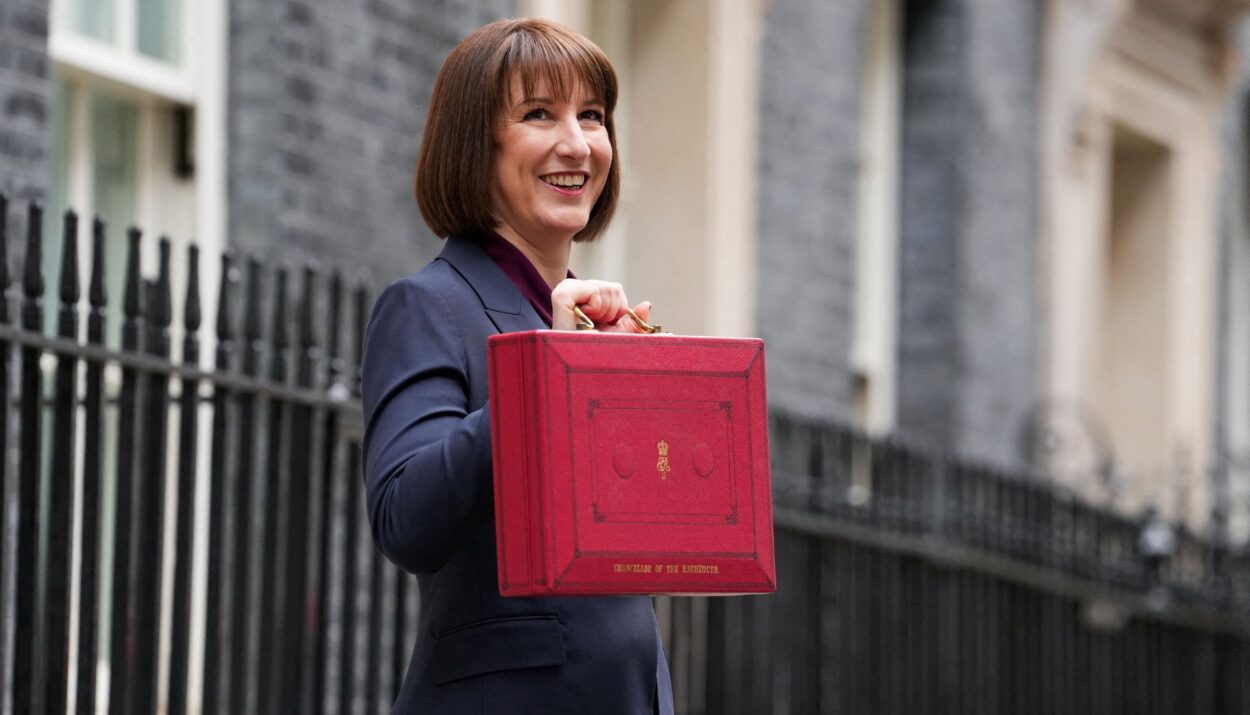Britain’s Office for Budget Responsibility (OBR) accidentally published its November 2025 fiscal outlook early, exposing key details of Chancellor Rachel Reeves’ budget and sending ripples through UK markets.
The document, usually released after the budget speech, went live on the OBR’s website hours before Reeves addressed Parliament. It showed that the government plans £26 billion in new annual tax rises by 2029–30, extending freezes on income tax thresholds until 2030–31—a move that will gradually pull more people into higher tax bands.
Fiscal Headroom Doubles
The OBR revealed that Reeves’ budget now meets the government’s main fiscal rule with a £22 billion cushion in 2029–30, up from £10 billion in March. That headroom—effectively the gap between spending and borrowing limits—means Reeves has doubled her buffer, giving the Treasury more space to manage the debt or adjust taxes later.

Higher Tax Burden, New Charges
The report shows that the UK’s overall tax burden will climb to just over 38% of GDP by 2031, the highest level in modern history and around five percentage points higher than before the pandemic.
Key measures include:
- A continued freeze on personal income tax thresholds, raising £7.6 billion in 2029–30.
- A new mileage-based charge on electric and hybrid vehicles from 2028, expected to bring in £1.4 billion.
- A high-value property tax on homes worth over £2 million.
- Reduced capital gains relief for employee ownership trusts and tighter tax enforcement, worth £2.3 billion combined.
These will be partly offset by a five-month fuel duty freeze, followed by gradual increases from late 2026, costing £2.4 billion next year.
Markets React to Early Release
The premature publication briefly sent sterling and UK government bonds higher, as investors welcomed signs of stronger fiscal discipline. The pound hit $1.32 before retreating, while ten-year gilt yields dropped as much as seven basis points to 4.42% before rebounding.
Economists called the OBR’s outlook “relatively benign,” with upgraded 2025 growth to 1.5% from 1.0%, though forecasts for 2026 were cut to 1.4% amid weaker productivity expectations.

Political Fallout
The leak triggered sharp criticism in Parliament, with Conservatives calling it “utterly outrageous” and demanding an inquiry. Reeves described the error as “deeply disappointing,” while the OBR apologised and said it had launched an internal investigation.

Speaking in the Commons, Reeves defended her plans as “fair, necessary, and the right choices for a stronger and more secure Britain.” She emphasized her focus on cutting NHS waiting lists, easing living costs, and reducing debt, while avoiding any rise in the basic income tax rate.
Despite the embarrassing leak, the OBR’s forecasts suggest Reeves will meet her fiscal targets comfortably. Still, analysts warn that much of the fiscal improvement is “backloaded,” relying on tight spending and optimistic growth assumptions.
Britain’s new Labour government is tightening its belt through higher long-term taxes and stricter fiscal rules—an approach that gives Rachel Reeves some breathing room today, but could test both voters’ patience and economic resilience in the years ahead.










